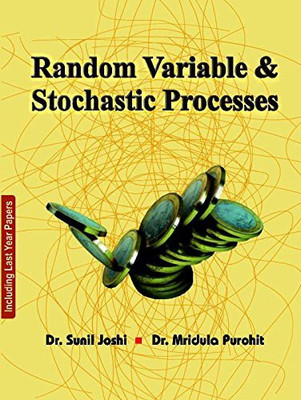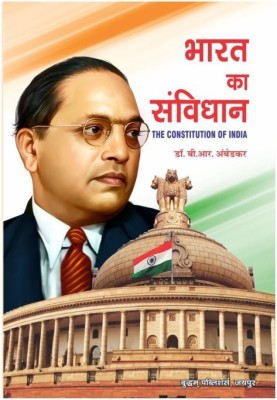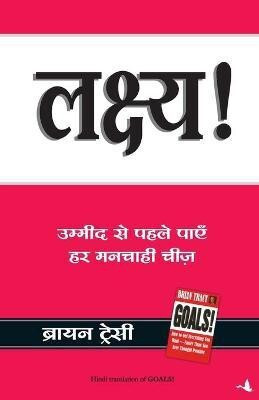
Cyber Crime and its Prevention - Cyber Crime (English, Paperback, unknown)
Share
Cyber Crime and its Prevention - Cyber Crime (English, Paperback, unknown)
3.7
7 Ratings & 0 ReviewsSpecial price
₹238
₹335
28% off
Available offers
T&C
T&C
T&C
Delivery
Check
Enter pincode
Delivery by28 Jun, Saturday
?
View Details
Highlights
- Language: English
- Binding: Paperback
- Publisher: Khanna Publishing House
- Genre: Law
- ISBN: 9789355380746
- Edition: 1, 2022
- Pages: 240
Services
- Cash on Delivery available?
Seller
Description
This book has been Divided into two parts. The learning outcomes from each are as follows:
Part -1
• The reader will gain awareness of how fraudsters:
• acquire one- time passwords via social engineering to commit OTP- based crime
• exploit vulnerabilities to create false ATMs
• take advantage of poor over-sight mechanisms to remain undetected
• exploit air-gaps to manipulate data in transit for fraud
• mislink accounts in a cross-institutional content to syphon off funds
• launder stolen proceeds
• take advantage of default configurations to gain unauthorised network privileges and how to devise counter- measures to deter such frauds.
PART-2
• The Reader will gain awareness of how:
• hackers break in to android smartphones to steal OTP and other confidential information
• encrypted information to and from your smartphone or computer can be intercepted
• computer can be hacked with or without social-engineering
• websites are scanned for vulnerabilities and exploited
• enemy computers are targeted in cyber wars
• Security Operations Centers function and tactical and policy measures to counter such threats.
Read More
Specifications
Book Details
| Imprint |
|
| Publication Year |
|
| Book Type |
|
| Table of Contents |
|
Contributors
| Author Info |
|
University Books Details
| Specialization |
|
Ratings & Reviews
3.7
★
7 Ratings &
0 Reviews
- 5★
- 4★
- 3★
- 2★
- 1★
- 4
- 1
- 0
- 0
- 2
Have you used this product? Be the first to review!
Be the first to ask about this product
Safe and Secure Payments.Easy returns.100% Authentic products.
Back to top








